
Multidecadal Variability in the North Atlantic Is Radiatively Forced. Mostly.
This event has passed. See the seminar recording here: Dr. Mark A. Cane G. Unger Vetlesen Professor of Earth and Climate Sciences, Emeritus Lamont-Doherty Earth

This event has passed. See the seminar recording here: Dr. Mark A. Cane G. Unger Vetlesen Professor of Earth and Climate Sciences, Emeritus Lamont-Doherty Earth
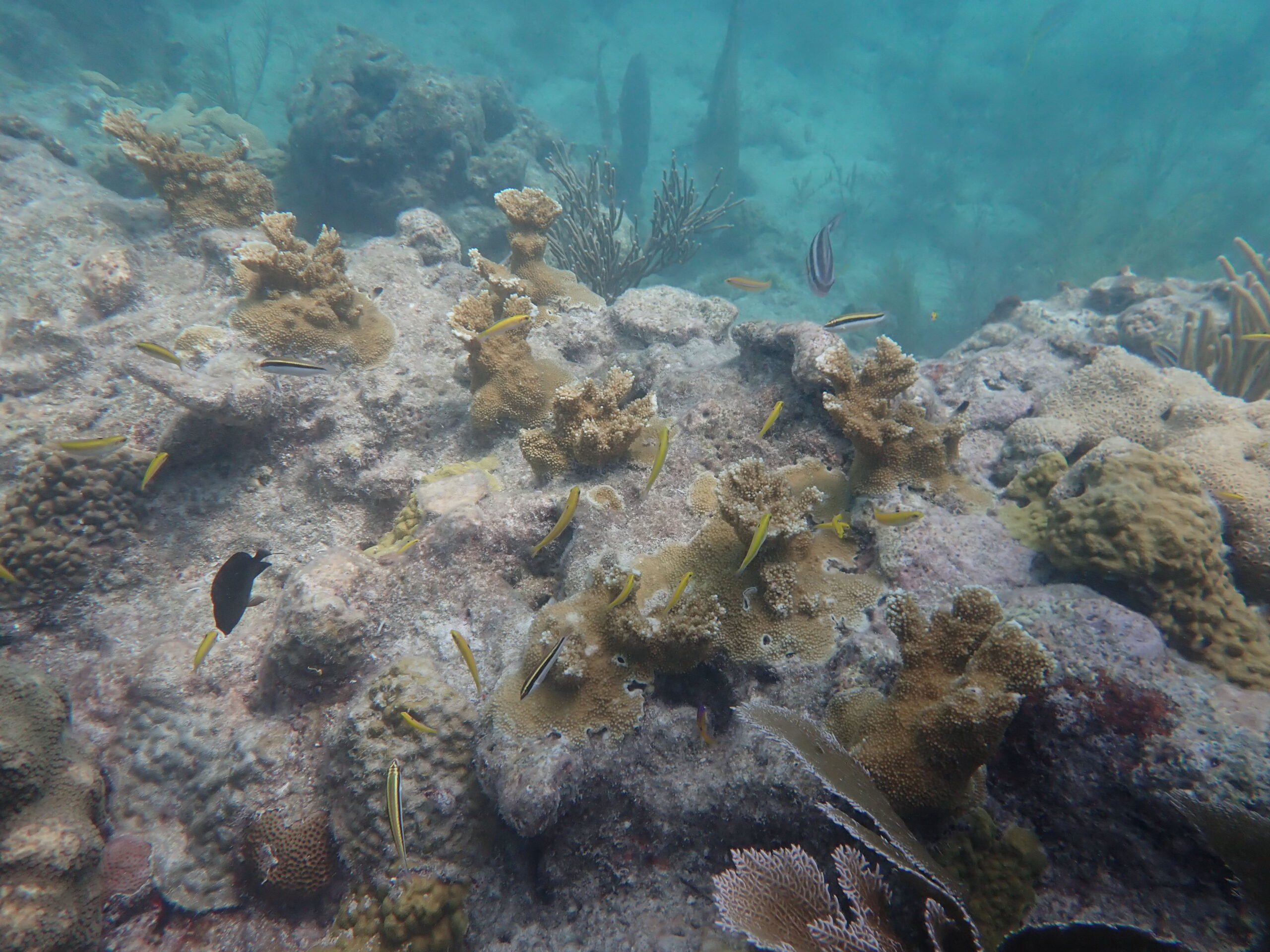
UMD/NOAA Coral Reef Watch has been using new satellite products to enact real change to protect coral reefs from the threats of climate change.
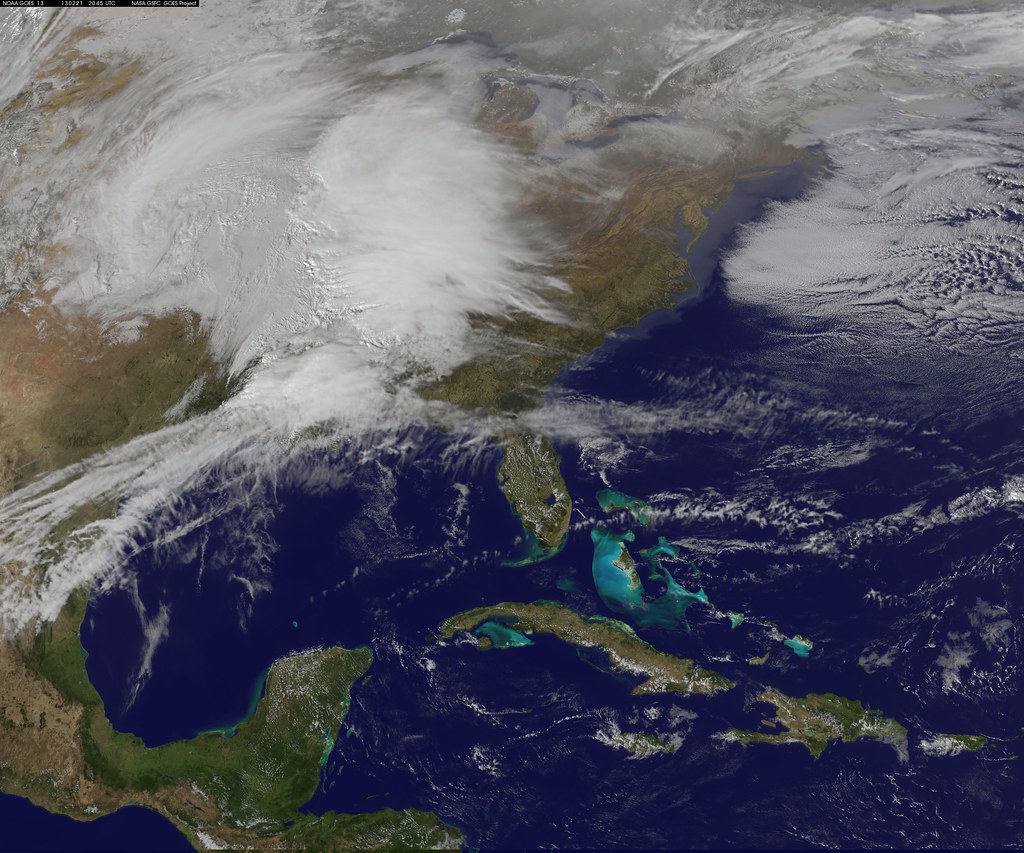
Korak Saha and Yongsheng Zhang are co-authors of a new paper in Remote Sensing titled “Oceanic Responses to the Winter Storm Outbreak of February 2021 in the Gulf of Mexico from In Situ and Satellite Observations”.

New tool available for predicting the future of ocean acidification
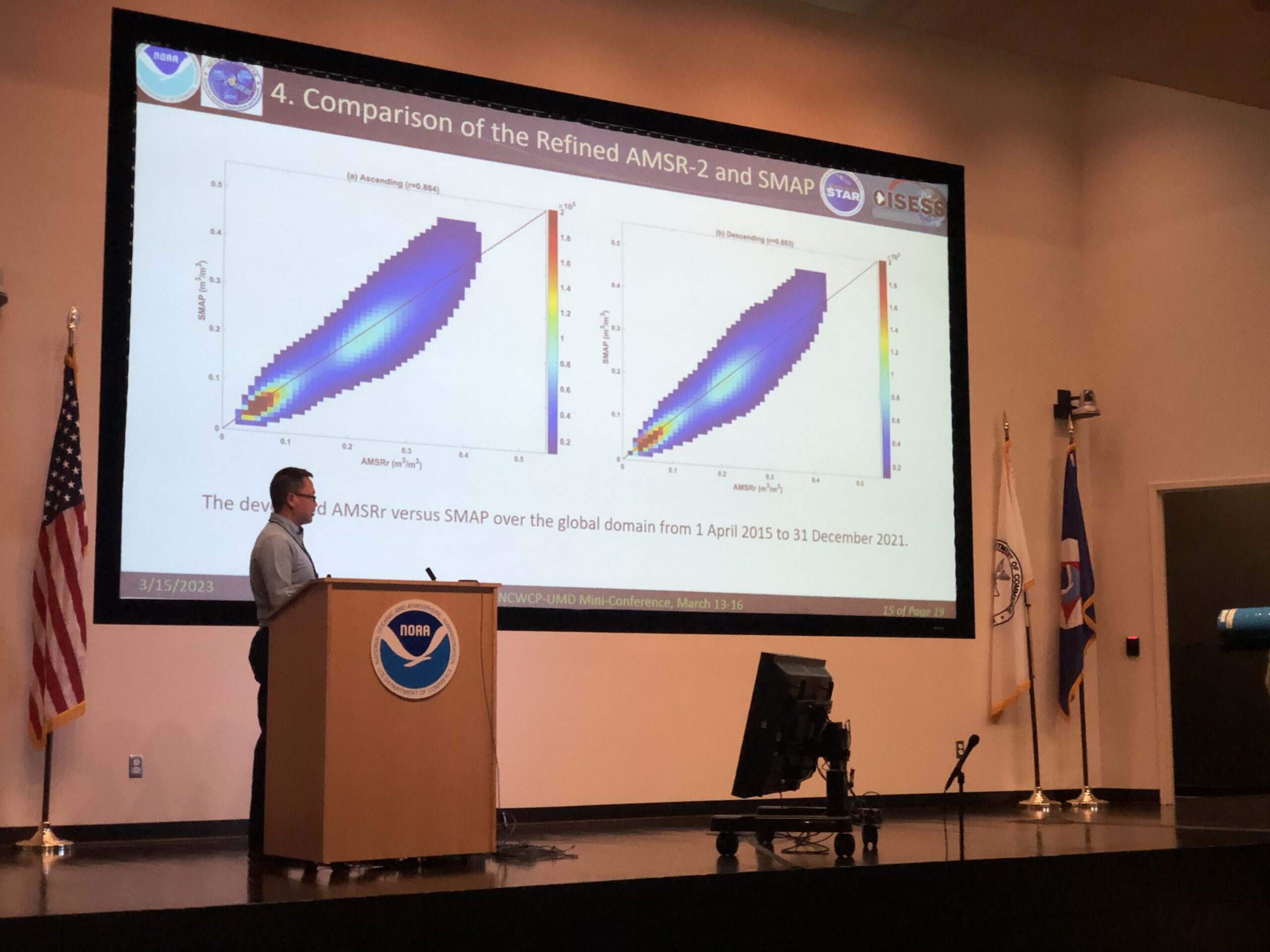
Recently, researchers from NOAA Center for Weather and Climate Prediction (NCWCP) and University of Maryland gathered for a mini-conference to share presentations from recent conferences such as the American Geophysical Union (AGU) and American Meteorological Society (AMS) annual meetings.

Today, a team of researchers led by Earth System Science Interdisciplinary Center (ESSIC) Scientists Li-Qing Jiang and Alex Kozyr, debuted the Ocean Carbon and Acidification Data System (OCADS), which will serve as one of the world’s leading providers of ocean carbon and acidification data, information, and products.
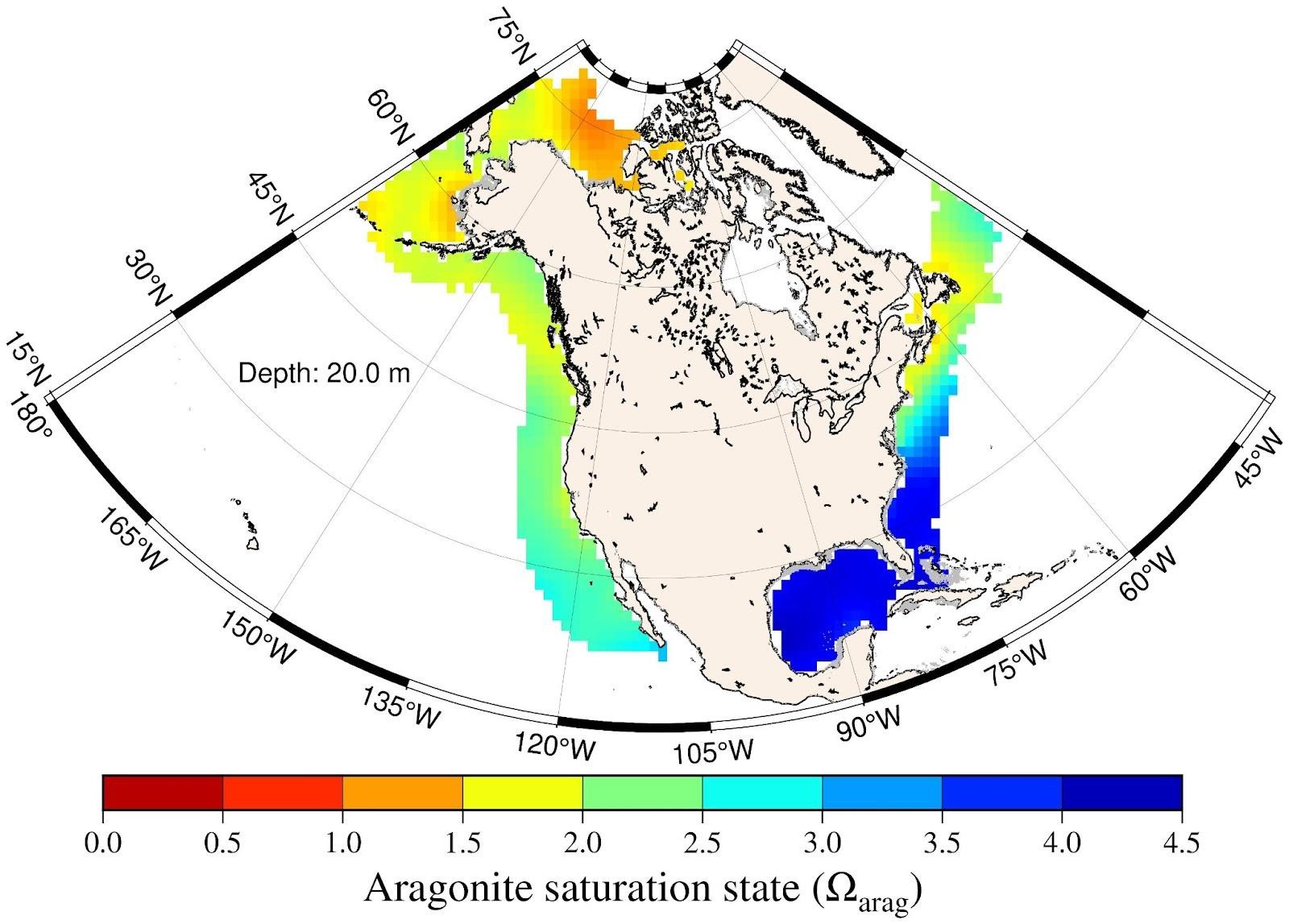
New tool shows the distribution of seven ocean acidification indicators in North American coastal waters
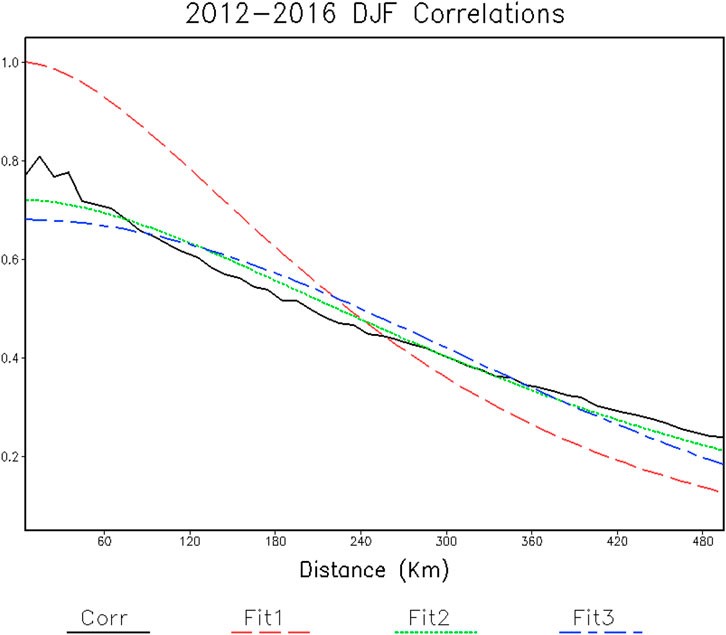
Cezar Kongoli, ESSIC/CISESS associate research scientist, Tom Smith, ESSIC/CISESS visiting research scientist, have a new paper in Frontiers in Earth Science titled “Modeling and estimation of snow depth spatial correlation structure from observations over North America”.

ESSIC/CISESS had a large presence at the AMS Annual Meeting, held in mid-January in Denver and virtually.

ESSIC/CISESS scientist Alexey Mishonov is co-author on a new paper in Advances in Atmospheric Sciences titled “Another Year of Record Heat for the Oceans”.